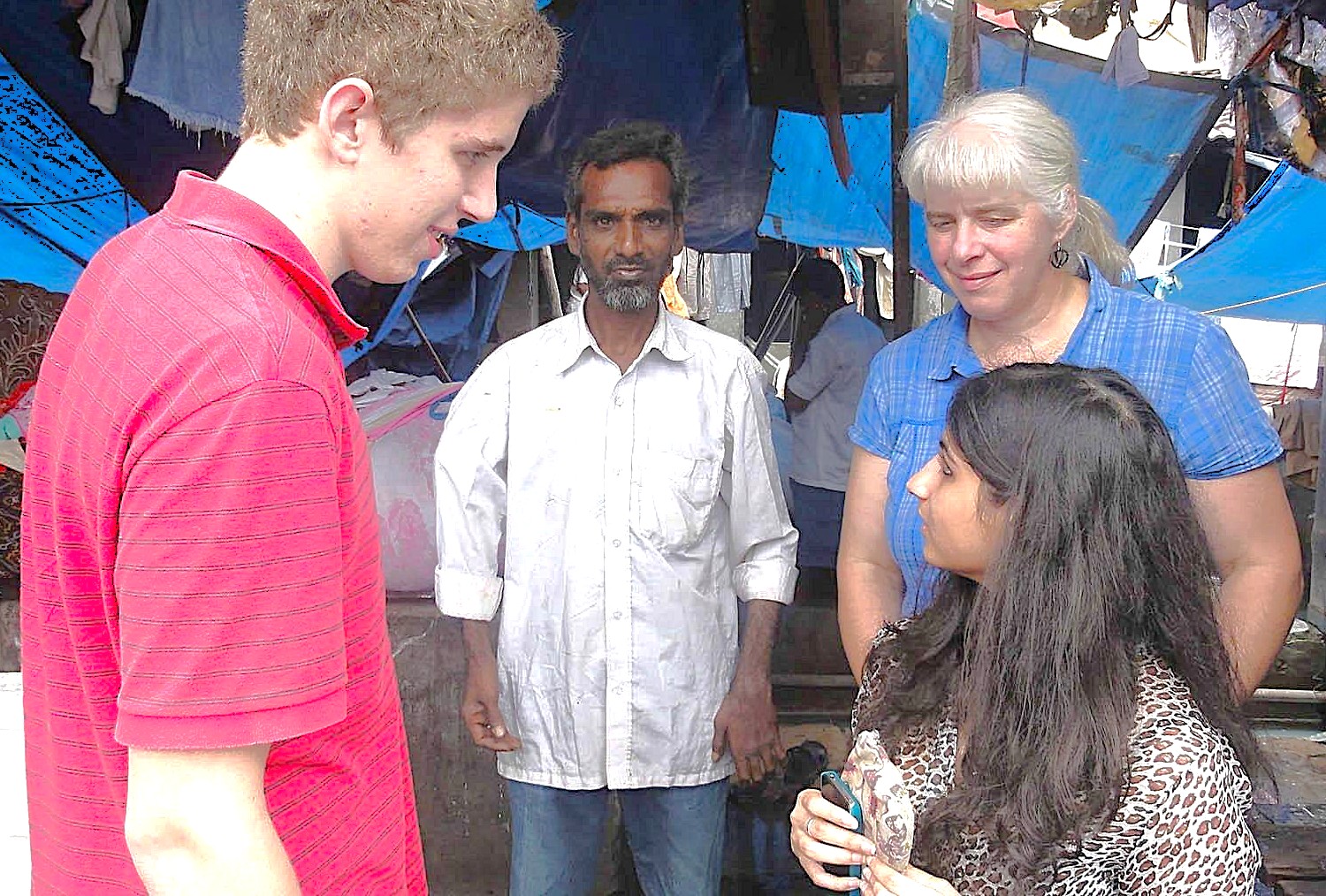Echoes of Ancient lands
Dhobi Ghat Mumbai
Mother Masala Tour's
The World’s Largest Open-Air Laundry
Dhobi Ghat Mumbai. Serves as an emblematic representation of the city's rich tapestry of culture and tradition. Located in the heart of Mahalaxmi, this open-air laundry has been operational since the 19th century, making it not just a laundry but an integral part of the urban landscape. The name "Dhobi Ghat" refers to the place where dhobis, or washermen, wash clothes. It has become a significant landmark where you can witness a unique aspect of daily life in Mumbai. Originally constructed in 1890, Dhobi Ghat has since become a vital hub for laundry services in the city. Spanning about 6 acres, it is home to approximately 500 families of washermen who rely on this site for their livelihood.
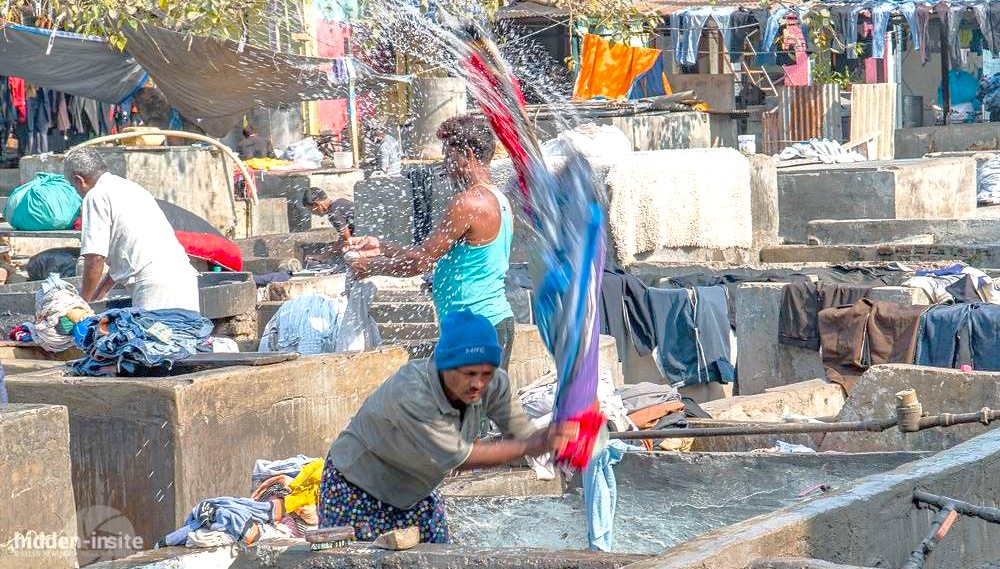
Dhobi Ghat Mumbai India: Thousand of Items Daily
Each day, thousands of garments, ranging from everyday clothing to larger items like bed linens and uniforms, are washed and dried under the bright sun, creating an awe-inspiring scene. The washermen here use traditional methods, beating the clothes against large stones and hanging them out to dry on long lines set across the compound. This unique practice not only emphasizes the skills passed down through generations but also reflects the socio-economic fabric of Mumbai. The location has even been portrayed in various films and documentaries, drawing attention to the resilience and daily struggles of these workers.
Dhobi Ghat Mumbai: Thousand of Items Daily
Each day, thousands of garments, ranging from everyday clothing to larger items like bed linens and uniforms, are washed and dried under the bright sun, creating an awe-inspiring scene. The washermen here use traditional methods, beating the clothes against large stones and hanging them out to dry on long lines set across the compound. This unique practice not only emphasizes the skills passed down through generations but also reflects the socio-economic fabric of Mumbai. The location has even been portrayed in various films and documentaries, drawing attention to the resilience and daily struggles of these workers.
Sacred Spaces
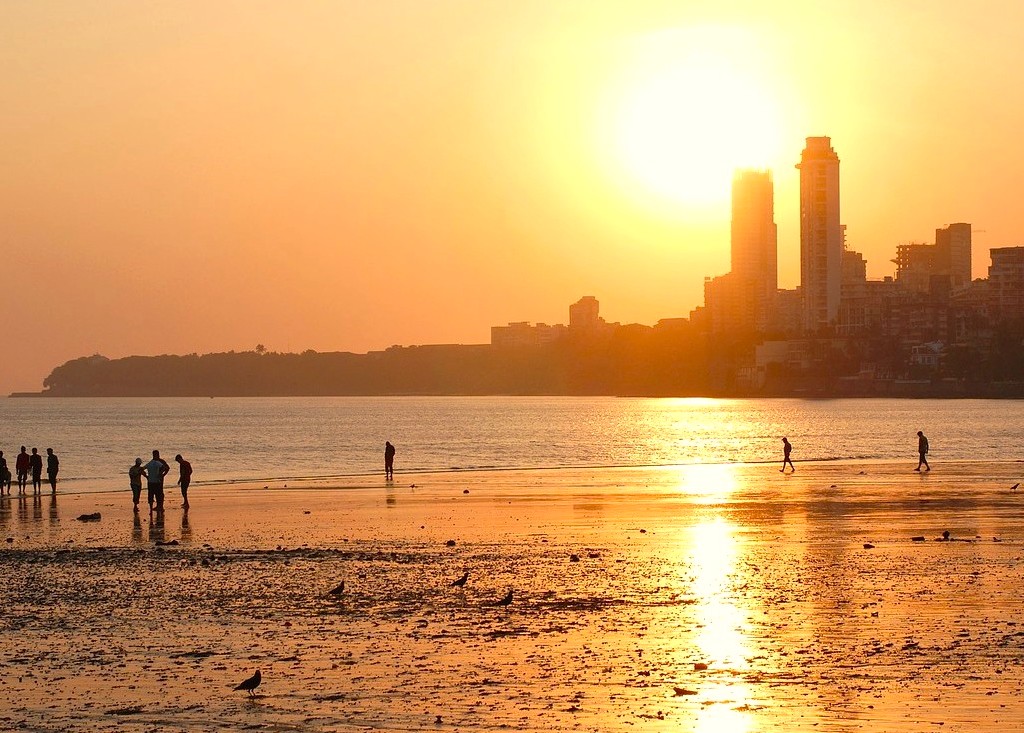
Dhobi Ghat is more than just a place for washing clothes. It embodies a legacy that connects Mumbai's past to its present, its significance lies in the rich history and cultural practices that have thrived here for over a century. Within this unique space, the artifacts are mainly the tools of the trade - the wooden mallets used for pounding clothes, the long poles for hanging washed items, and the large stone basins filled with soapy water. These elements tell the story of the community and its dedication to their craft. Beyond its functional purpose, it's a vibrant, living museum. It's an inspiring display of traditional labor.
Amidst the Sun Rise
Dhobi Ghat Mumbai. Every morning, as the sun rises, the washermen gather in a communal spirit, discussing their day ahead while engaging in a time-honored process that symbolizes their unity and shared aspirations. This atmosphere of cooperation and tradition creates an important bond among them, enhancing the overall experience of this workspace. As you wander through this active laundry, you're surrounded by the energy and rhythm of hands at work, transforming cloth into fresh, clean fabric. The ongoing activity speaks to the resilience and strength of the community, and their pride in carrying out a vital service that keeps Mumbai's heartbeat alive.
The Pulse of the Local Community
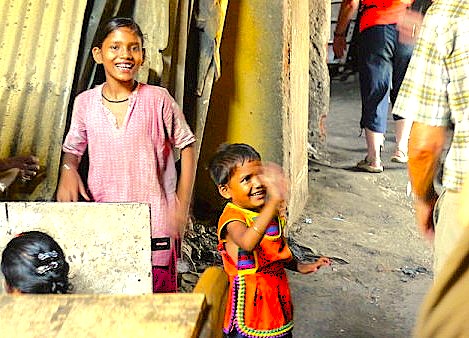
The spirit of the community at Mumbai's Dhobi Ghat is palpable, resonating in the rhythmic sounds of washing and vibrant chatter. Generations of workers have forged an unshakeable bond through years of shared collaboration and profound mutual support, creating a tight-knit, family-like atmosphere that extends a genuine welcome to visitors observing their intricate daily practices. What truly sets this local community apart is their unwavering hospitality, born from a deep pride in their heritage. They are eager to share their experiences, recounting intriquing stories of their ancestors who established this unique open-air laundry.
Ancient Mosaics: Impeccable Craftsmanship
Dhobi Ghat Mumbai India. The craftsmanship here is steeped in tradition. The dhobis have perfected their technique over the years, combining physical labor with an artistry that is essential to their trade. The tools of their trade, hand-crafted for durability and functionality, are a testament to their expertise. One significant artisan aspect to note is the methodical technique used to wash clothes. The dhobis use flat stones at the laundry site to beat the dirt and stains from fabrics, an age-old process passed down through generations. This technique is not just practical but symbolic of the dedication they have toward quality and tradition.
Capturing the Magic: A Photographic Haven

The Ghat offers an abundance of photographic opportunities that reflect the unique character of this district. From the bright hues of laundry flapping in the breeze to the busy activity of washermen at work, every corner presents a chance to capture stunning visuals. Whether you're an amateur photographer or a seasoned professional, the Ghat is a vibrant canvas for creativity. Each shot tells a compelling story of hard work, tradition, and strong community bonds. Imagine framing the vibrant saris against the Mumbai skyline, or capturing the expressions of the dhobis as they expertly clean. The steam and the repetitive motions create a dynamic subject.
Note: In places like Dhoi Ghat Mumbai this and others, It's always nice to tip the locals whom you photograph - they earn very little and it's a show of respect. It's also important to ask permission before taking the pictures, cultural respect is well worth the effort.
A Culinary Journey: Savor the Flavour
Dhobi Ghat Mumbai India. While the Ghat is primarily known for its laundry operations, the surrounding streets offer delightful culinary surprises that reflect the local flavors of Mumbai. Just a short walk from the ghat, we can find street food vendors serving up traditional delicacies. These street-side eateries contribute to the lively atmosphere and provide a real taste of Mumbai, allowing us to indulge in the rich culinary heritage of the area.
The Connection with the Gods
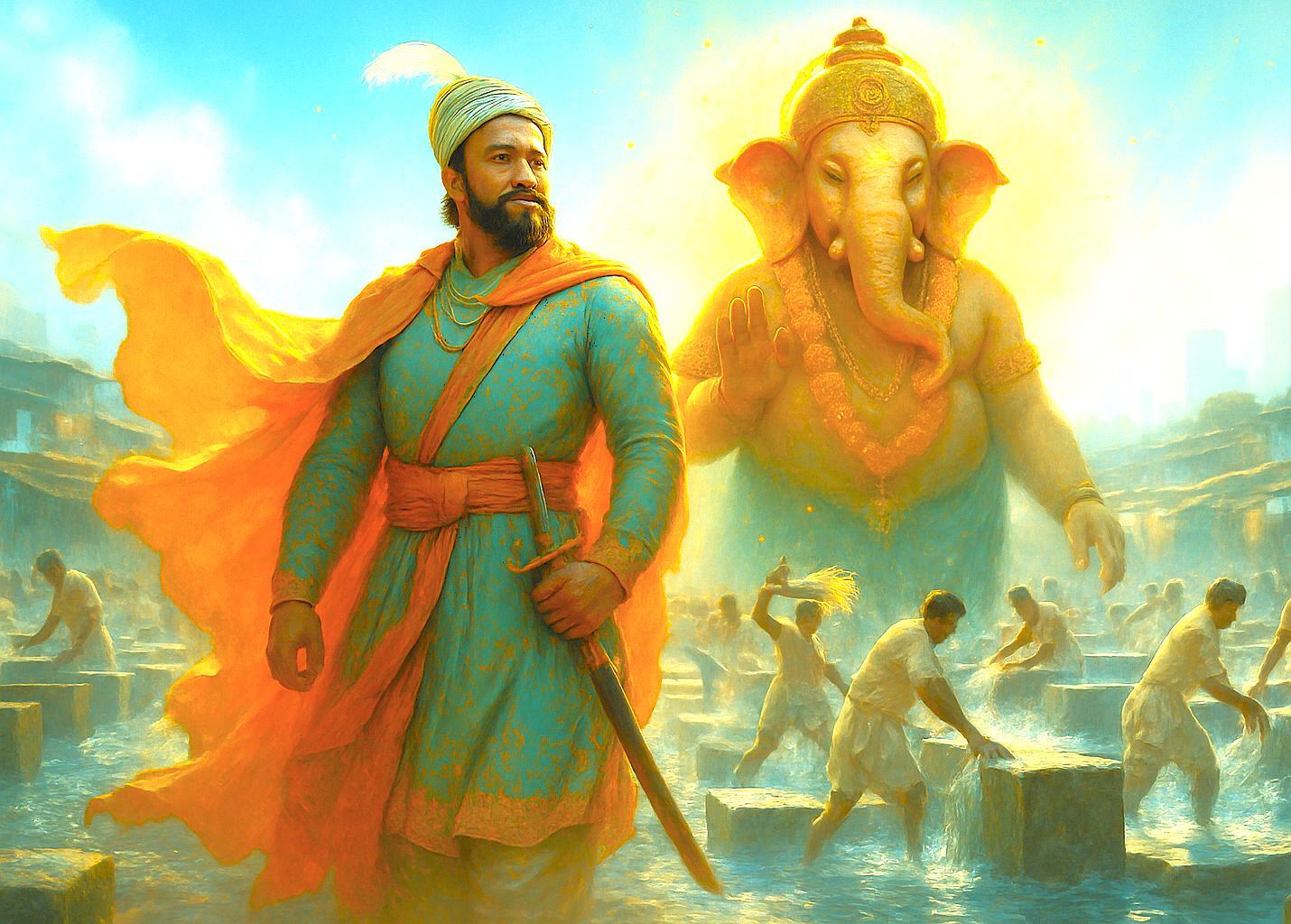
Many washermen look to gods like Ganesha, as the remover of obstacles, for blessings in their work and endeavors. The legacy of Shivaji inspires many local traditions and instills a sense of pride among the dhobis. The washermen recount stories of divine intervention during challenging times, reinforcing their spiritual connection and offering glimpses into their beliefs. This relationship between the workers and their deities enriches the cultural fabric of the area. Their faith provides comfort and strength during demanding days. Rituals and prayers are integral to their lives, guiding their actions.
Festivals of Devotion: Honouring the Sacred and the Divine
Dhobi Ghat Mumbai. The community participates in various festivals that reflect their cultural and spiritual beliefs. One significant event is Makar Sankranti, celebrated in mid-January, marking the transition of the sun into the zodiac sign of Capricorn. During this festival, washermen often engage in rituals to seek blessings for their work, symbolizing gratitude for the year’s harvest. Around this time, colorful kites fill the skies, and families come together to prepare traditional sweets made from sesame seeds and jaggery.
Serendipitous Meetings: Beyond the Main Path
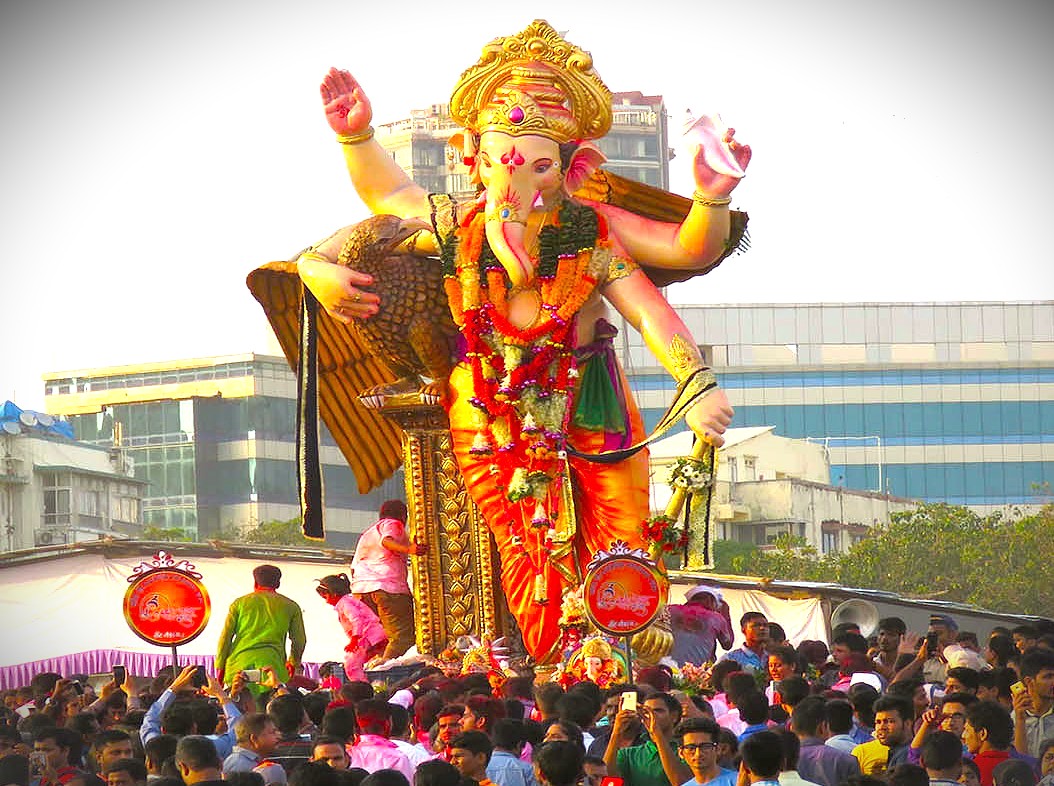
Beyond the rhythmic washing, the alleys near the Ghat invite you to uncover a hidden world of local artisans. In these lively, narrow clusters, you'll find bustling small workshops where craftsmen meticulously practice age-old traditions passed down through generations, such as tailoring, intricate weaving, and the vibrant alchemy of fabric dyeing. We see family business creating stunning textiles using ancient block-printing methods, the air filled with the scent of dyes with cheerful sounds of collaborative work. We explore the small markets that spring up, selling unique handmade garments hard to find elsewhere.
Resilience and Renewal: Overcoming Adversity’s Challenges
Dhobi Ghat Mumbai India. Through its history, the Ghat has faced natural disasters and socio-economic changes that have tested the community. One significant event took place during the heavy monsoon in 2005, when floods devastated large portions of Mumbai, causing significant damage to local infrastructures, including the laundry facilities. The challenges posed by these floods compelled the community to come together to rebuild their businesses and homes. They relied on each other for support, emphasizing the power of collective resilience. Despite the overwhelming odds, the dhobis rebuilt their spaces, revealing tenacity and unity.
Urban Legends: Strange Sightings, Myths and Mysteries
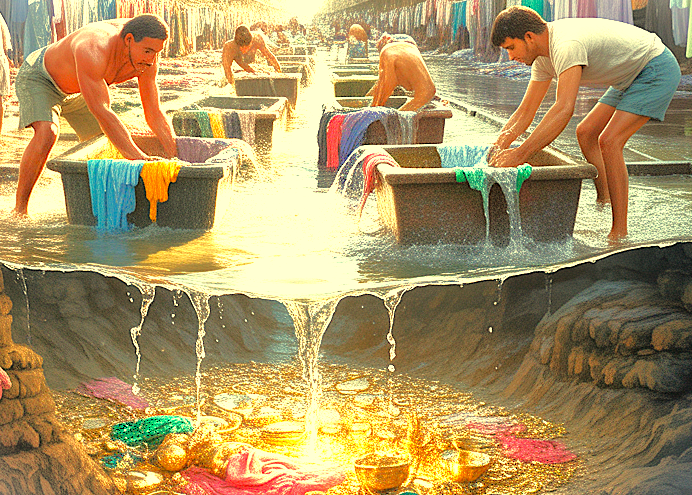
Dhobi Ghat Mumbai India. The physical labour of the Ghat is matched only by the richness of its folklore, as the area is steeped in legends passed down through generations. One tale involves the spirit of a washerman so dedicated that he allegedly continues his work in the afterlife. Locals with reverence and awe, tell stories of the eerie quiet of the night being broken by the sounds of laundry being beaten against stone, believing it to be the diligent spirit forever fulfilling his earthly duty. Another whispers of hidden treasures buried deep beneath the washing stones, left by wealthy ancient traders who passed through Mumbai centuries ago.
Daily Pay and Rates
Dhobi Ghat Mumbai India. The earnings of washermen at the Ghat in Mumbai can vary significantly based on several factors, including the volume of laundry processed, the type of clients they serve, and the specific services they provide. Here's a breakdown of their potential earnings:
Daily Earnings: On average, a washerman can earn between ₹500-₹1,000 (AUD $6 - $12) per day. This amount can fluctuate depending on the quantity of clothes washed and the nature of the clientele.
Pricing Structure: The typical charge for washing clothes is relatively low, often between ₹4 - ₹10 (around $0.05 - $0.12) per item, depending on the garment type and size. For instance, washing a saree usually costs around ₹4 - ₹5.
Volume of Laundry: An individual washerman can handle a substantial volume of laundry on a daily basis, sometimes washing hundreds of items. Given that more than 100,000 pieces of clothing are laundered daily, the potential for earnings increases with the volume processed.
Client Base: Washermen cater to a diverse clientele, including hotels, restaurants, hospitals, and local residents. Higher-paying contracts from commercial clients can lead to increased earnings.
Work Dynamics: It’s important to note that washermen typically work long hours, often for 10-12 hours a day, to meet the demands of their business.
Dhobi Ghat Mumbai India. These earnings provide crucial support to the families of the washermen and reveal the vital role they play in Mumbai's urban fabric.
Get Ready to Experience It All - Your Path Begins Here
